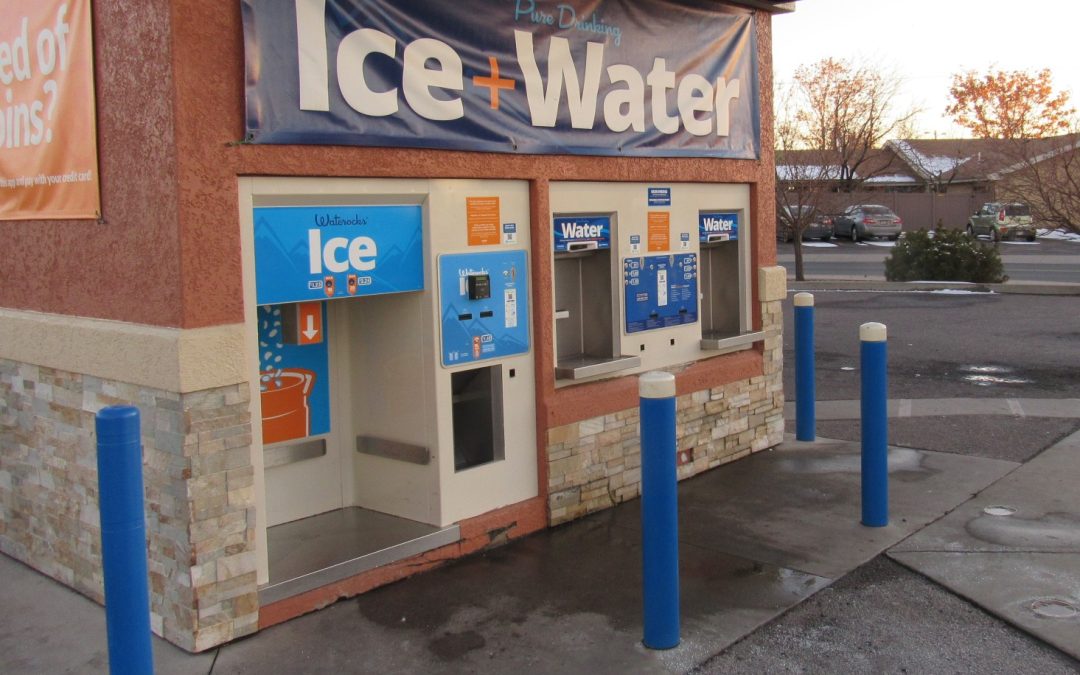Small amounts of bacteria, considered non-harmful, have been found in three Commerce City homes taking part in a non-governmental water quality testing program.
The pilot, coordinated by Cultivando, an environmental justice group, and funded by the University of Denver, is part of a broader effort to prove the water is safe to drink, to restore confidence in the city’s water supply and to help residents wean themselves from so-called “water mills,” where water is sold by the gallon at costs that are much higher than those charged by the local water utility, South Adams County Water and Sanitation District (SACWSD).
“The results were good,” said Mike Wireman, a groundwater expert and former EPA official who is overseeing the testing. “We sampled 32 homes in Commerce City and analyzed those for total coliform bacteria and E. coli. Three samples had small amounts of coliform, but no E. coli,” Wireman said. The levels of coliform detected were not considered harmful.
The South Adams water district gets the majority of its water supplies from groundwater. Although the district delivers water that meets all federal and state water quality standards, decades of contamination from the Rocky Mountain Arsenal, a superfund site, as well as other industrial contamination, have left residents deeply distrustful of the government. Residents continue to report issues with water quality.
“They distrust all aspects of governments, including public water supply systems,” Wireman said. “[This distrust] exists for good reasons. But it is too early to say exactly why these folks are having problems [with water quality concerns such as smells, and skin rashes after bathing.]”
Theresa Freiss, spokeswoman for the SACWSD, declined to comment on the specific test results because the district has not seen them yet, but she said the district meets all state and federal water quality standards.
In addition, she said the SACWSD is working to rebuild bridges with these residents, including installing a new water softening system to remove minerals and a state-of-the art testing and filtering system to detect and remove so-called “forever chemicals,” PFAS compounds found in thousands of products including Teflon, Scotchgard and many cosmetics, to name a few.
The compounds aren’t regulated yet, although the EPA is moving to establish first-ever regulatory standards for PFAS in drinking water. But the SACWSD began treating to remove PFAS and purchasing additional water from Denver Water when certain PFAS chemicals were detected in its water supply in 2018. Those two efforts are temporary measures, says SACWSD.
Commerce City’s city manager Jason Rogers also declined to comment on the test results, but he said the city is well aware of the concerns over water quality.
“I think the city and its partners, including the South Adams County Water and Sanitation District, recognize the historical concerns,” Rogers said. “I have a lot of trust and confidence in the district’s efforts. It’s my hope that the district will be thoroughly and actively engaged with Cultivando to work toward addressing any concerns about the water supply,” Rogers said.
The north metro Denver area that includes Commerce City, parts of unincorporated Adams County, as well as Denver County neighborhoods of Globeville, Swansea and Elyria, is surrounded by dozens of manufacturing plants, as well as the troubled Suncor Oil refinery, which has been fined for numerous air and water discharge violations.
Tom Romero, an expert on water equity issues and an associate law professor at the University of Denver, said the early test results indicate a need for more testing.
“This takes some concerns off the table,” Romero said, “But I would like to look at lead and PFAS testing as well.”
Cultivando’s executive director, Olga Gonzalez, said next steps will include doing additional, more expensive water testing for other chemicals, including PFAS and even lead, though most of the homes in the pilot program were built after 1980, when lead pipes, the major source of lead contamination, were no longer in use. Other homes, such as dozens in Globeville, Swansea and Elyria, are part of a lead pipe removal program conducted by Denver Water.
“The community wants further testing,” Gonzalez said. “They are not feeling they can trust anything the government is saying, so they will continue to rely on organizations they can trust.”
Jerd Smith is editor of Fresh Water News. She can be reached at 720-398-6474, via email at jerd@wateredco.org or @jerd_smith.
Fresh Water News is an independent, nonpartisan news initiative of Water Education Colorado. WEco is funded by multiple donors. Our editorial policy and donor list can be viewed at wateredco.org.


 Print
Print